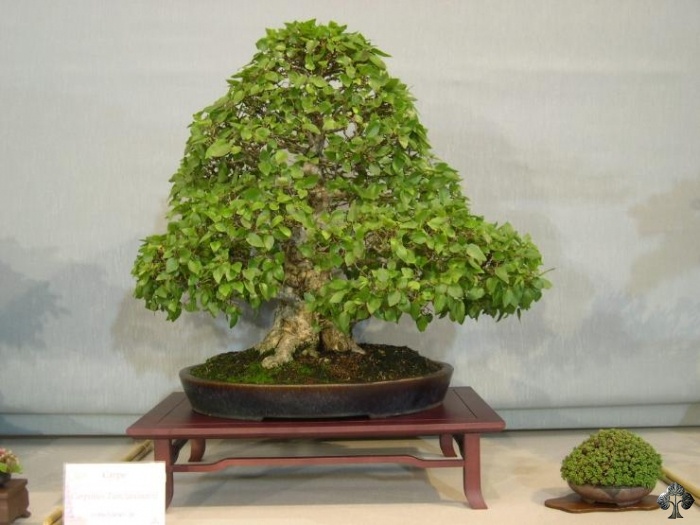Bonsai trees are beautiful miniature versions of full-sized trees. One popular type is the Beech Bonsai Tree. This guide will help you understand how to care for a Beech Bonsai Tree.

Credit: www.youtube.com
What is a Beech Bonsai Tree?
The Beech Bonsai Tree is a small version of the beech tree. Beech trees are known for their smooth bark and beautiful leaves. These trees make excellent bonsai because of their elegant shape.
Types Of Beech Bonsai Trees
- European Beech (Fagus sylvatica)
- Japanese Beech (Fagus crenata)
- American Beech (Fagus grandifolia)

Credit: www.bonsaiempire.com
Why Choose a Beech Bonsai Tree?
Beech Bonsai Trees are perfect for bonsai beginners. They are hardy and adaptable. Plus, their leaves change color in the fall, adding seasonal beauty to your collection.
How to Grow a Beech Bonsai Tree
Growing a Beech Bonsai Tree requires patience and care. Here are the steps you need to follow:
Choosing The Right Pot And Soil
Select a pot with good drainage. Beech Bonsai Trees need well-draining soil. A mix of akadama, pumice, and lava rock works well.
Planting The Tree
Place the tree in the pot and fill it with soil. Make sure the roots are covered but not too tight. Water the tree thoroughly after planting.
Watering
Water your Beech Bonsai Tree regularly. The soil should be moist but not soggy. Beech trees do not like to dry out.
Light And Temperature
Beech Bonsai Trees need plenty of light. Place them in a spot with at least six hours of sunlight daily. They prefer cool temperatures.
Fertilizing
Feed your Beech Bonsai Tree with a balanced fertilizer. Use it every two weeks during the growing season. In winter, reduce the feeding to once a month.
Pruning and Shaping Your Beech Bonsai Tree
Pruning is essential for maintaining the shape of your bonsai. Here are some tips:
When To Prune
Prune your Beech Bonsai Tree in late winter or early spring. This is before new growth starts.
How To Prune
Use sharp scissors or pruning shears. Remove dead or damaged branches. Trim back long shoots to maintain the tree’s shape.
Wiring
Wiring helps shape the branches. Wrap wire around the branches and bend them into the desired position. Remove the wire after a few months to avoid damage.
Common Problems and Solutions
Beech Bonsai Trees can face some issues. Here are common problems and how to fix them:
Pests
- Aphids: Spray with insecticidal soap.
- Spider Mites: Increase humidity and use miticide.
Diseases
- Fungal Infections: Use fungicide and improve air circulation.
- Root Rot: Ensure proper drainage and avoid overwatering.
Repotting Your Beech Bonsai Tree
Repotting is crucial for a healthy bonsai. Here’s how to do it:
When To Repot
Repot your Beech Bonsai Tree every two to three years. The best time is in early spring before new growth.
How To Repot
- Remove the tree from its pot.
- Trim the roots using sharp scissors.
- Place the tree in a new pot with fresh soil.
- Water the tree thoroughly.
Seasonal Care for Your Beech Bonsai Tree
Beech Bonsai Trees need different care in each season. Here are some tips:
Spring
- Prune and shape the tree.
- Repot if necessary.
- Increase watering as the weather warms up.
Summer
- Provide shade during the hottest part of the day.
- Water regularly to prevent the soil from drying out.
Fall
- Enjoy the changing leaf colors.
- Reduce watering as temperatures drop.
Winter
- Protect the tree from frost.
- Water sparingly.
Conclusion
Caring for a Beech Bonsai Tree can be a rewarding experience. With the right knowledge and patience, you can enjoy a beautiful bonsai tree for many years. Follow this guide to ensure your Beech Bonsai Tree thrives.

